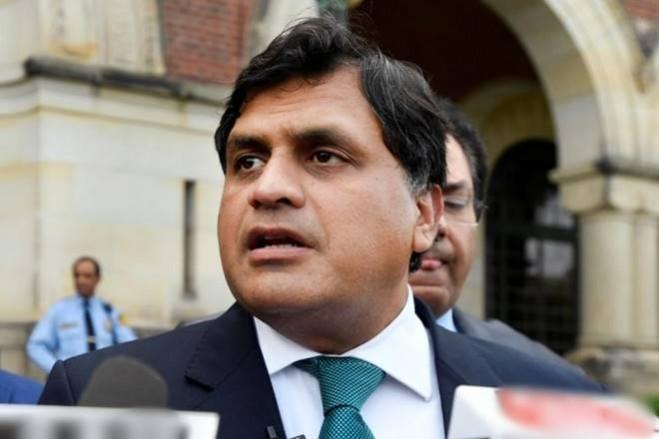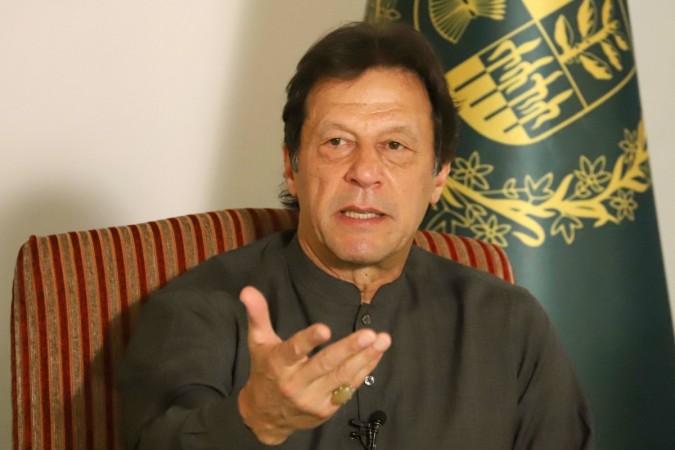
Hours after Pakistan Prime Minister Imran Khan said that the country would not initiate a nuclear war against India, the foreign office on Monday clarified that Pakistan's nuclear policy has remained unchanged.
Explaining that Khan's statement was "taken out of context", Pakistan Spokesperson for Ministry of Foreign Affairs Mohammad Faisal said: "Prime Minister's comments on Pakistan's approach towards conflict between two nuclear-armed states are being taken out of context. While conflict should not take place between two nuclear states, there's no change in Pakistan's nuclear policy."
The Pakistani prime minister had earlier said at the International Sikh Convention in Lahore: "We both are nuclear-armed countries. If these tensions increase, the world could be in danger," adding that "there will be no first from our side ever."
The neighbouring country took up an aggressive stance against India last month, including conducting a night training launch of ballistic missile Ghaznavi capable of delivering various types of warheads. It also closed its airspace to India in a bid to internationalise the Kashmir issue.
Khan had earlier accused India of rejecting Islamabad's requests for peace dialogues, hinting possible military conflict between the two nuclear-armed neighbours, in an interview with The New York Times.
Indian Defence Minister Rajnath Singh said last month that while India stands firmly by its 'No First Use' policy on nuclear weapons it was not an unalterable stance. "What happens in future will depend on the circumstances," he had said.
Khan has been attacking Indian Prime Minister Narendra Modi after New Delhi decided to abrogate the special status of Jammu and Kashmir and bifurcate the state into two union territories - J&K and Ladakh.

In the recent address in Lahore, Khan also said that the Modi government and the Rashtriya Rashtriya Swayamsevak Sangh are "victimising Muslims and Christians in India" and asserted that it will lead to "targeting Dalits and Sikhs".
Internal matter
While India has maintained that the government's decision was an internal matter, Pakistan has sought to internationalise the issue. Despite its efforts, the majority of nations, including the United Nations, have echoed India's stance and stated that the Kashmir issue is a bilateral matter under the Simla Agreement and Lahore Declaration.
India has responded to the comment by saying that the Indian initiative towards peace has "turned badly" and reiterated the issue of cross-border terrorism which it claims is state-sponsored.
Indian Minister of External Affairs had said that bilateral talks between the two countries would be possible after Pakistan stops terror financing and recruiting terrorist groups. "Terrorism is not something that's being conducted in the dark corners of Pakistan. It's done in broad daylight," he said.
Indian intel reported last month that Pakistan is planning to push 100 "hardcore" terrorists from Afghanistan into the Kashmir Valley. Pakistan-based terror groups are planning serial attacks in Kashmir in an attempt to deceive the international community into showing the deteriorating situation in the valley.
Around six Lashkar-e-Taiba (LeT) terrorists infiltrated into Tamil Nadu via Sri Lanka were also caught last month. Indian Navy Chief Admiral Karambir Singh said that the Navy, maritime police, state governments and other stakeholders are making sure there is no intrusion from the sea.
















